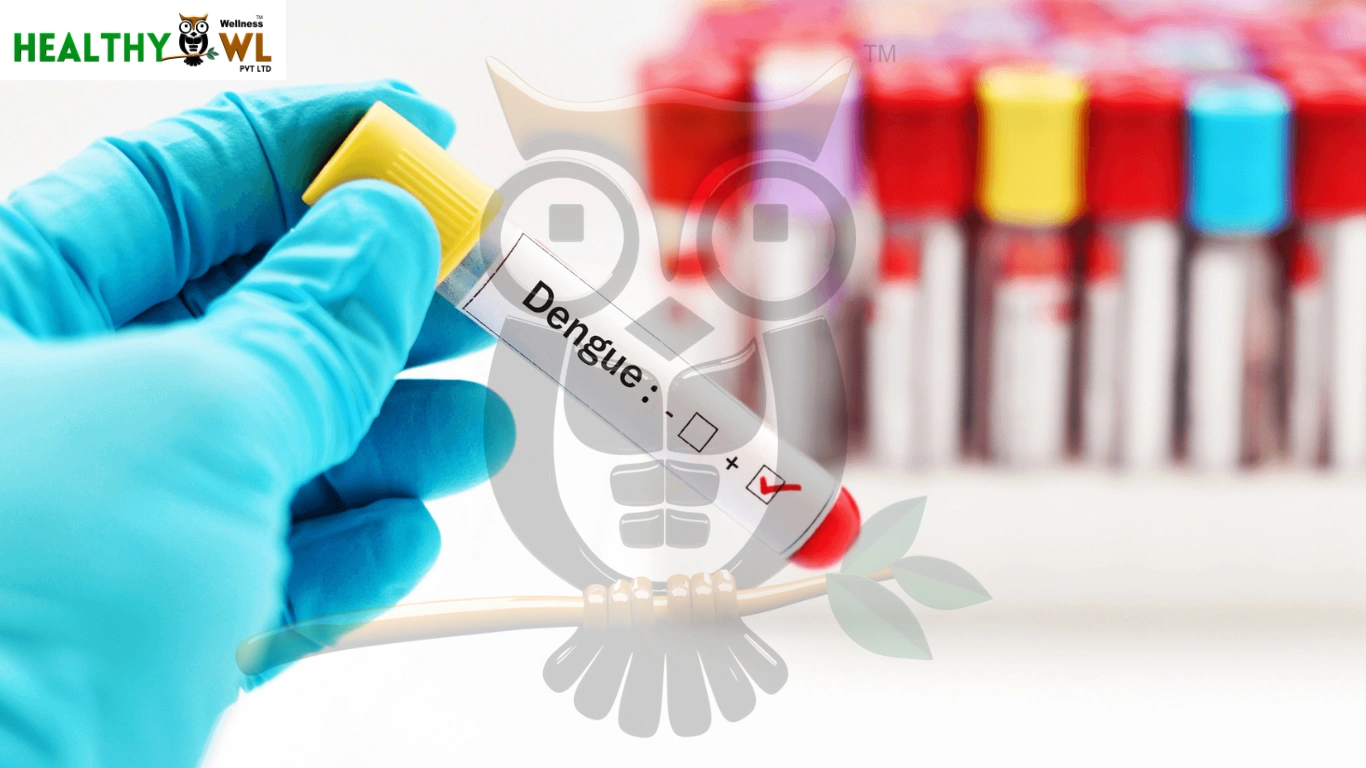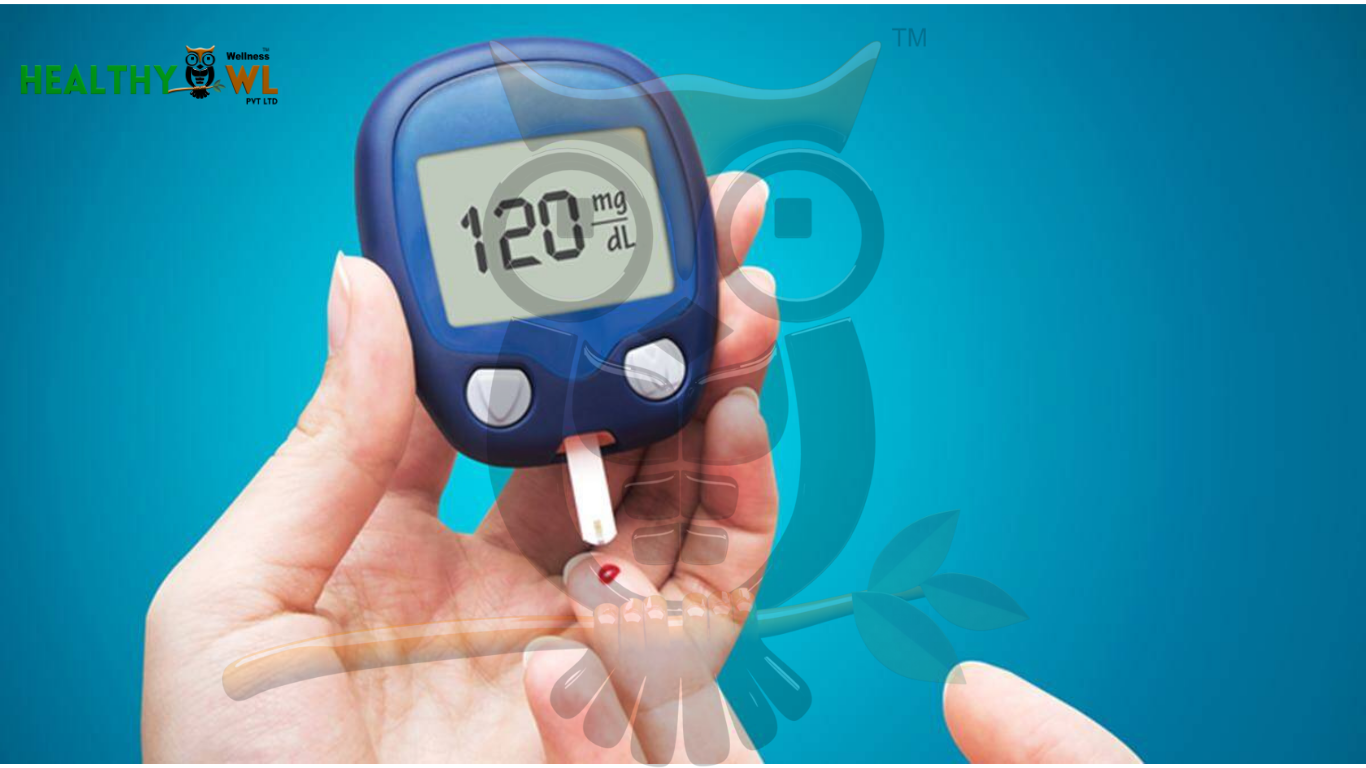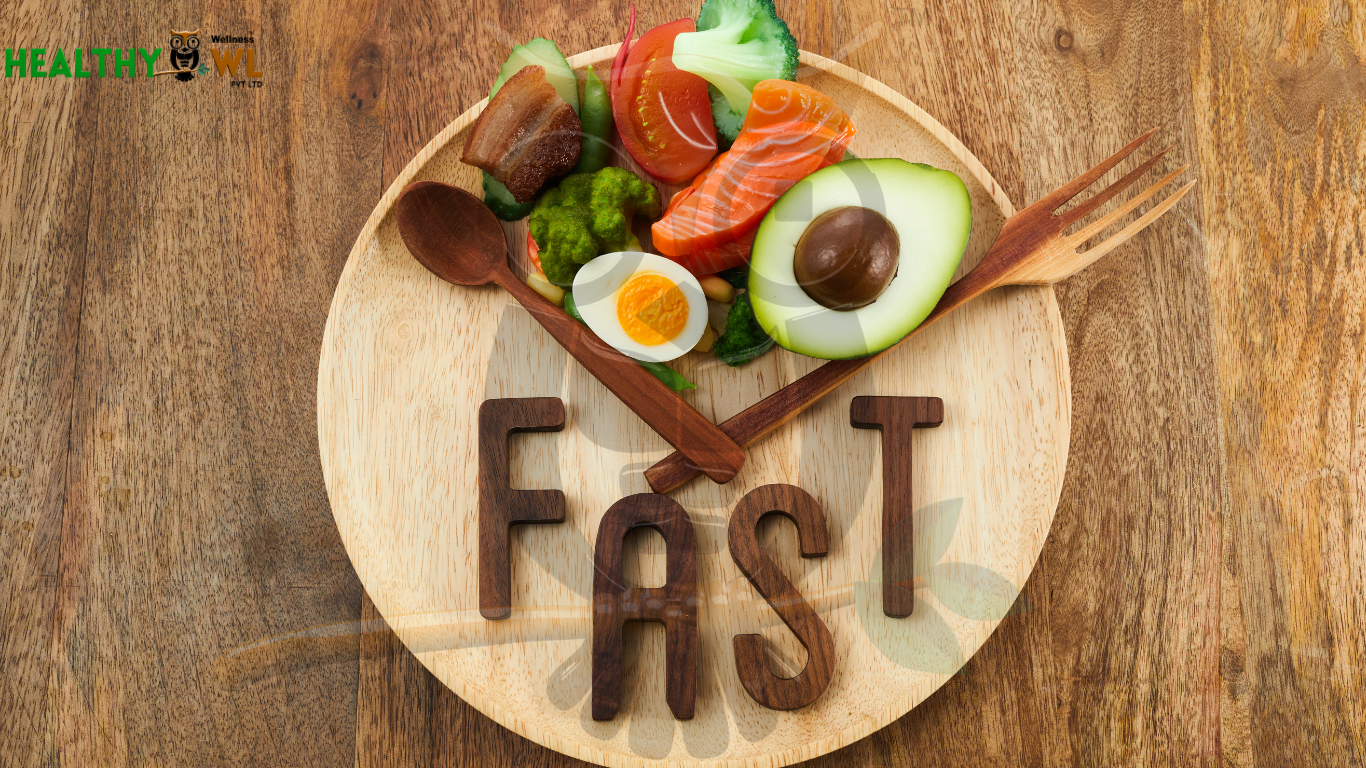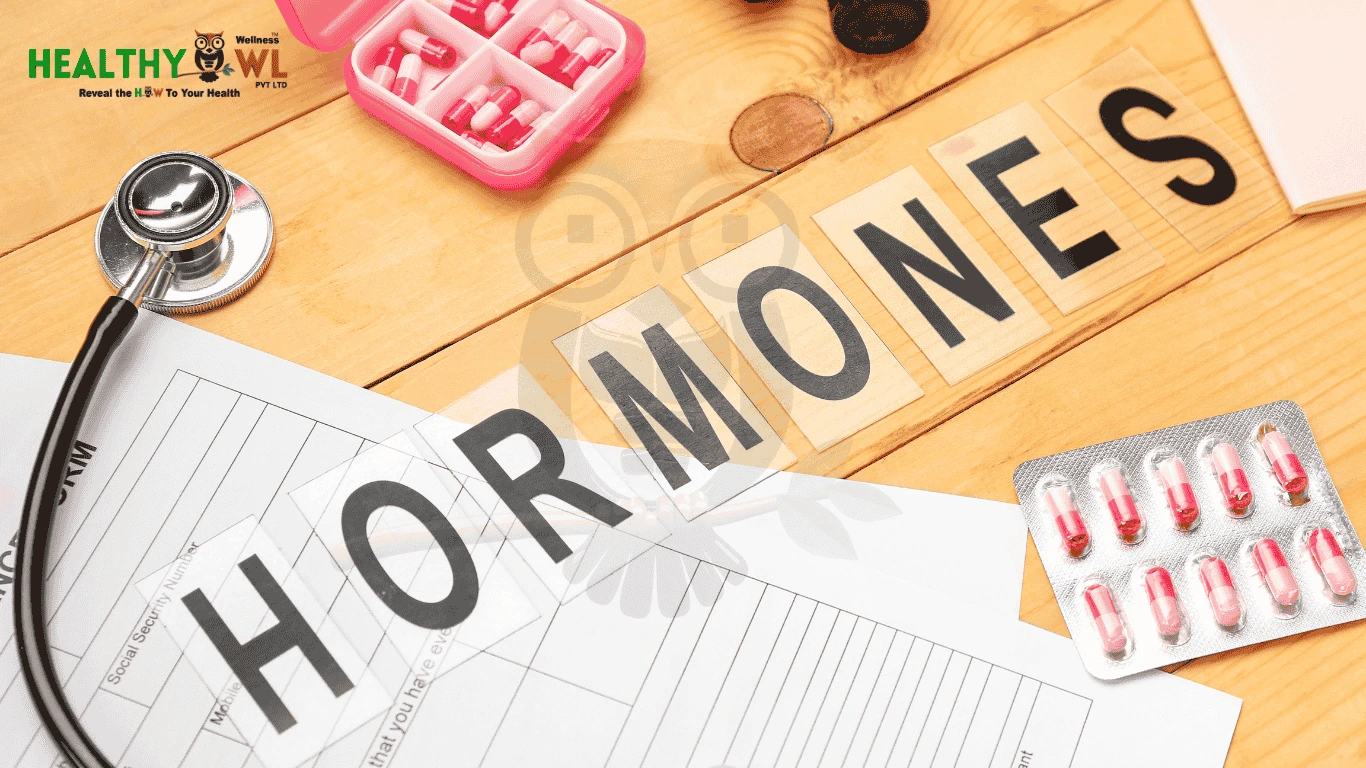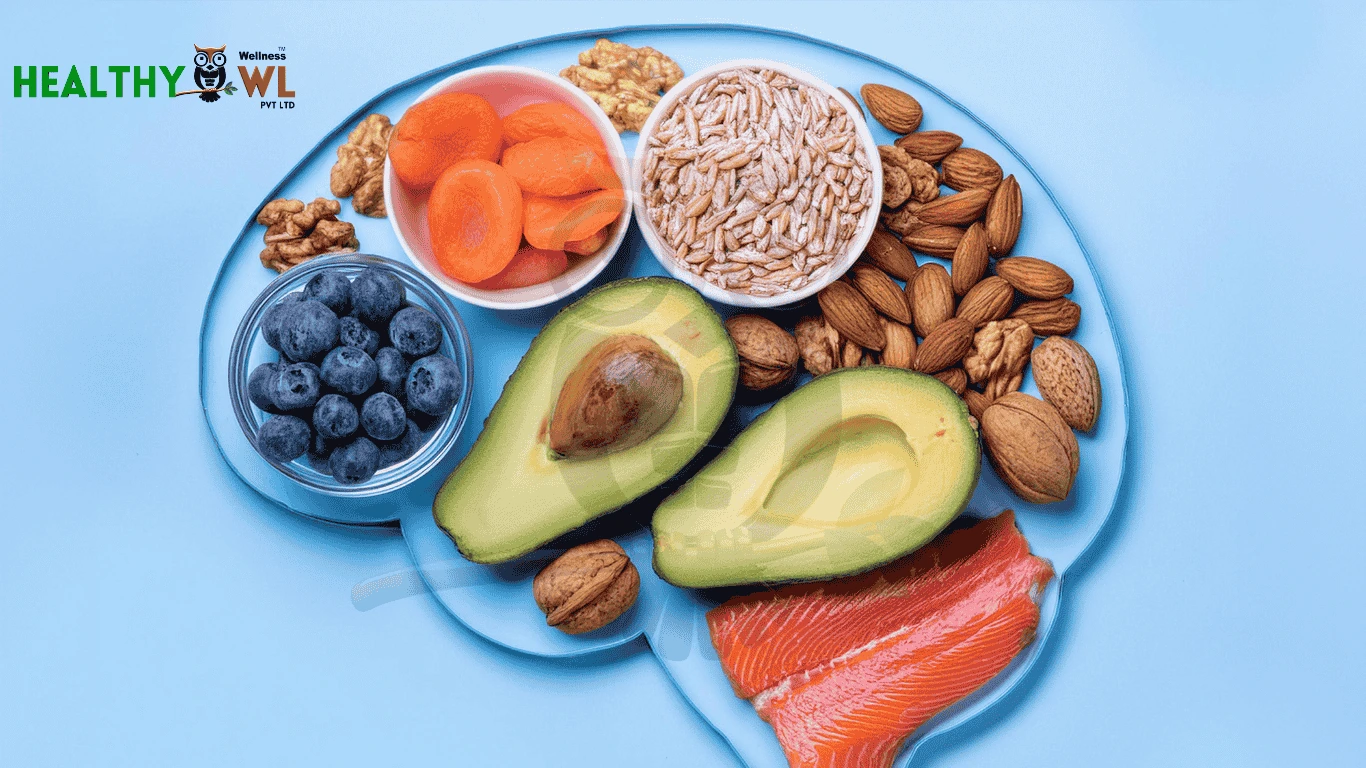Dengue fever can feel like a storm that sweeps through your body, leaving you exhausted and drained. But fear not! While recovery can take time, nourishing your body with the right foods can make a significant difference. Let’s explore a refreshing approach to recovery that empowers you with knowledge about nutrition—an essential ally in your journey back to health.
What is Dengue?
Before diving into recovery strategies, let’s briefly understand what dengue is. This viral infection, transmitted through bites from Aedes mosquitoes, often manifests with symptoms like high fever, severe headaches, joint pain, and fatigue. Severe cases can lead to complications, making recovery even more critical. But you have the power to help your body heal through the food you consume!
Your Nutritional Arsenal for Recovery
1. Hydration Hero
When recovering from dengue, hydration is your best friend. The virus can lead to dehydration, so keeping your fluid intake high is crucial. Aim for:
- Water: Sip on at least 2-3 liters daily.
- Electrolyte Solutions: Think coconut water or homemade oral rehydration solutions for a boost.
- Soups and Broths: Not only hydrating but also comforting and nutritious.
2. Power Up with Protein
Protein is essential for healing and muscle recovery. Make sure to include a variety of protein sources in your meals, such as:
- Lean Meats: Chicken or turkey can provide quality protein without excess fat.
- Plant Proteins: Lentils (dal), chickpeas, and beans are not just protein-packed but also rich in fiber.
- Nuts and Seeds: These are perfect snacks that add healthy fats and protein to your diet.
3. Iron-Rich Foods
Dengue can lower platelet counts, making it vital to support blood health. Include:
- Spinach, Beetroot, and Pomegranate: These foods are rich in iron and support recovery.
- Fortified Cereals and Dried Fruits: Options like raisins can provide additional iron.
4. Highlight the Role of Papaya Leaf Extract
Traditional remedies like papaya leaf extract have been known to help increase platelet counts during dengue. Consult with a healthcare professional before use to ensure safety and efficacy.
5. Vitamins for Victory
Certain vitamins play a pivotal role in boosting your immune system and speeding up recovery:
- Vitamin C: Found in citrus fruits, strawberries, and bell peppers, it helps fight infections and supports healing.
- Vitamin A: Carrots, sweet potatoes, and leafy greens are your go-tos for strengthening your immune defenses.
- Zinc: Crucial for immune function, zinc-rich foods include nuts, seeds, and whole grains.
6. Probiotics for Gut Health
Recovery from dengue can sometimes affect digestion, so adding foods like yogurt, kefir, and fermented foods can support gut health and improve overall immunity.
7. Fight Inflammation with Food
Dengue can provoke inflammation in your body. Incorporating anti-inflammatory foods can help soothe this:
- Turmeric and Ginger: Both spices can be added to meals or consumed as teas for their anti-inflammatory benefits.
- Berries: Blueberries, strawberries, and cherries are packed with antioxidants that combat inflammation.
- Fatty Fish: Salmon and mackerel are excellent sources of omega-3 fatty acids, which can also help reduce inflammation.
8. Balanced Meals Are Key
A well-rounded diet is essential for recovery. Focus on whole foods, and consider the following:
- Whole Grains: Quinoa, brown rice, and oats offer energy and keep you feeling full.
- Fruits and Vegetables: A colorful plate not only looks appealing but ensures a variety of nutrients.
- Healthy Fats: Incorporate avocados, olive oil, and fatty fish to support overall health.
9. Rest and Recovery
Emphasizing rest and sleep is crucial for your recovery plan. Your body needs time to heal from the fatigue caused by dengue, so prioritize good sleep and restful activities.
Tips to Keep Dengue at Bay
While you focus on recovery, it’s equally important to think about prevention. Here are some actionable tips:
- Garlic: Incorporate garlic into your meals. It has antiviral properties and can help ward off infections.
- Protective Measures: Wear long sleeves and use insect repellent to minimize mosquito bites, especially during peak activity hours.
- Mosquito-Proof Your Home: Use mosquito nets, install screens, and eliminate stagnant water around your home to reduce breeding sites.
Wrapping It Up
Recovering from dengue is no small feat, but with the right nutrition, you can support your body’s healing process. Remember to stay hydrated, consume nutrient-rich foods, and focus on a balanced diet. Always consult with a healthcare professional for personalized guidance tailored to your situation.
If you or a loved one is navigating the challenges of dengue, consider reaching out to nutrition experts for tailored advice. At Healthy Owl Wellness, we’re here to help you on your journey to recovery and beyond.
Sources:
- Mayo Clinic. Dengue fever – Symptoms and causes.
- Cleveland Clinic. Dengue Fever: Causes, Symptoms & Treatment.


